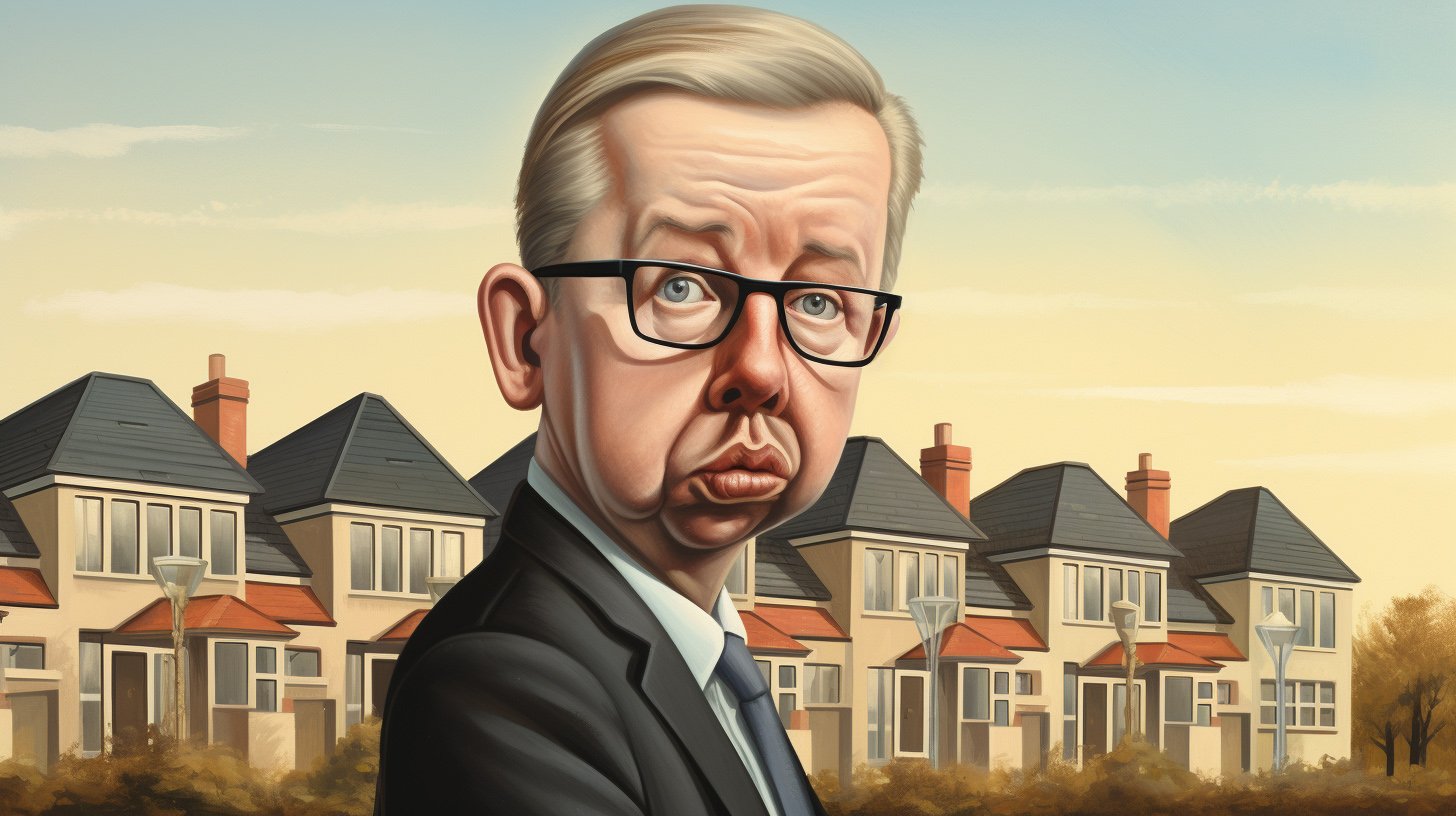Berkeley Homes vs Michael Gove: A Landmark Case Over Aesthetic Quality in Housing Developments
Michael Gove, one of the UK's foremost political figures, has recently been entangled in a legal battle with Berkeley Homes, a leading housebuilder. This dispute, involving a halted 165-home development in Crane Valley, Kent, raises profound questions about the direction of the UK's new-build housing market, specifically the debate over quality versus quantity, cost, and the aesthetic value of new homes.
The Battle Begins: Crane Valley Development
Berkeley Homes had planned a substantial development in Crane Valley, a designated area of outstanding natural beauty in Kent. However, Gove called the project 'generic' and 'suburban' and effectively vetoed it, overruling the decision made by planning inspectors. Berkeley Homes has responded by challenging what they deem an 'irrational decision,' taking the issue to court.
Gove's War on 'Ugly' Homes
Gove's decision to block the Crane Valley development is part of a broader commitment to halt 'ugly' new housing in the UK. He has expressed a desire for new homes to be 'beautiful' and respectful of the environment and local infrastructure. He even cited Poundbury, the Dorset town designed by King Charles III, as a paragon of high-quality home design.
Local Residents Weigh In
The local response to Gove's decision has been mixed. While some residents of Cranbrook appreciate Gove's stance and his respect for local inhabitants and the environment, others view the talk of aesthetics as a mere 'distraction.'
Guy Dagger, a local resident and activist, has expressed concerns over the development's proximity to a nature reserve and its potential harm to the High Weald.
The Larger Picture: Quality of UK New-Builds
Beyond this specific case, the debate over the quality and design of new-build homes has become a critical issue in the UK.
Some argue that the new-build market is dominated by a few key players, including Berkeley Homes, who are constructing homes that leave much to be desired in terms of design, space, and quality. These homes often appear generic and squeezed into available spaces, seemingly disregarding local concerns.
On the other hand, the need for affordable and quickly built homes in the face of a massive housing shortage puts pressure on developers to build in a cost-effective manner.
Experts' Perspectives
Opinions from experts in the field are divided.
Simon Allford, Royal Institute of British Architects President, emphasises that building new homes must not come at the expense of quality and sustainability.
Phin Harper, Chief Executive of Open City, agrees with Gove's demand for higher standards and calls for a radical rethink in design.
Ben Rogers, Fellow in Government Innovation at LSE Cities, cautions that the emphasis on design and aesthetics could lead to endless controversy without clear guidelines.
A Complicated Path Ahead
The legal battle between Berkeley Homes and Michael Gove is not just a matter of a single development in Kent; it represents a critical juncture in the ongoing debate over housing development in the UK.
On one side is the argument for beauty, quality, and a more considered approach to development. On the other is the practical reality of a housing shortage and the economic considerations of homebuilders.
The outcome of this case could have far-reaching implications for how the UK approaches housing development in the future. The compromise, if found, will need to carefully balance the needs of the community, the desires for aesthetic appeal, and the imperative to build homes quickly and affordably.
This case is a touchstone for broader issues in housing development and will likely be a reference point for years to come. If anything, it highlights the complexity and nuance of building homes that are both beautiful and practical, enriching the community without sidelining the urgent need for more housing in the UK.

